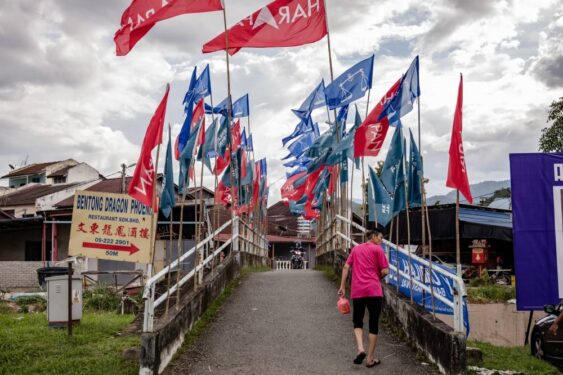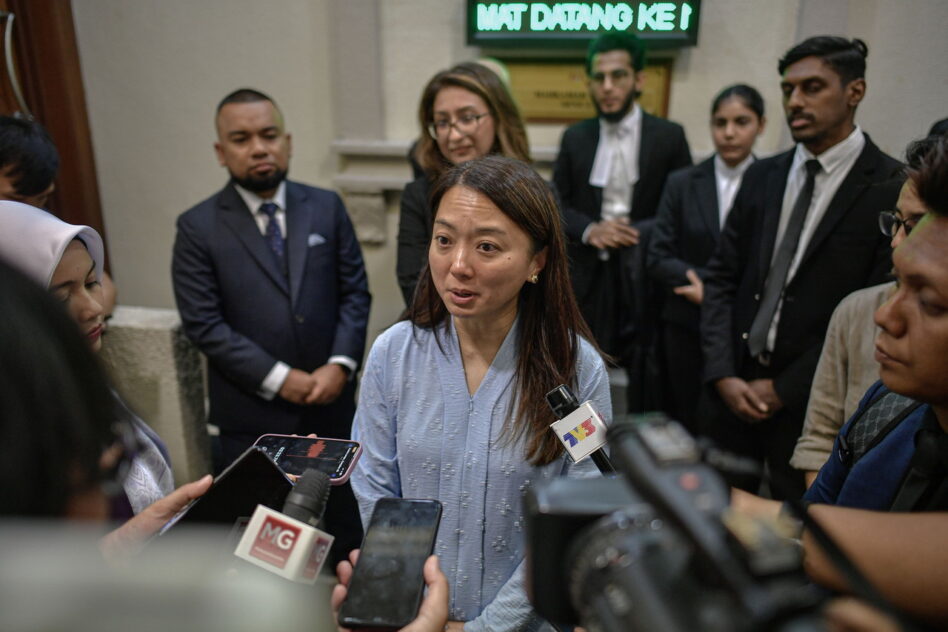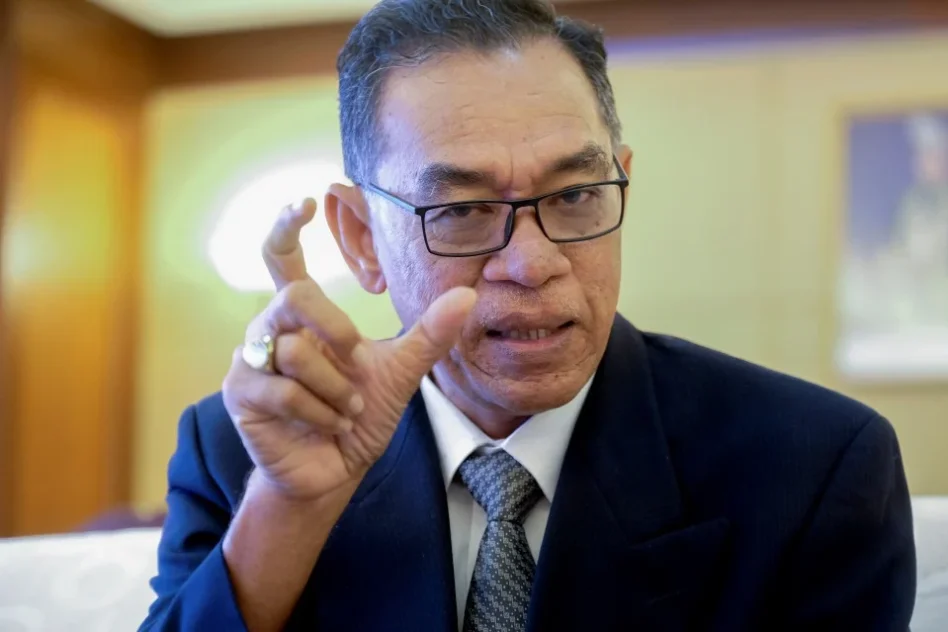LISTED plantation companies must accept the fact that better ESG (environmental, social and governance) ranking/disclosure not only boosts higher stock valuation but adherence to sound ESG practices will make them more appealing to financial institutions and funds.
This is given that the plantation sector is prone to be in the limelight for ESG issues relating mostly to deforestation and labour-related abuses.
“With the increased adoption of sustainability-focused investing, we notice that share price of plantation companies tend to trade sideways despite rising crude palm oil (CPO) prices,” observed UOB-Kay Hian Research analysts Leow Huey Chuen and Jacquelyn Yow in a planation sector update.
“Additionally, foreign shareholdings in plantation companies have been declining over the years.”
The research house further revealed its recent interaction with the Zoological Society of London (ZSL) with the latter sharing its Sustainability Policy Transparency Toolkit (SPOTT) which serves as a good reference point for financial institutions to assess plantation companies on ESG.
There are 10 operational categories which SPOTT relies upon to assess the transparency of companies and to obtain the ESG score. They are:
- Sustainability policy and leadership
- Landbank, maps and traceability
- Deforestation and biodiversity
- HCV,HCS and impact assessments
- Soils, fire and GHG emissions
- Water, chemicals and pest management
- Community, land and labour rights
- Certification standards or sustainability initiatives
- Smallholders and suppliers
- Governance and grievances
Very broadly, UOB-Kay Hian Research observed that most major plantation companies are Roundtable on Sustainable Palm Oil (RSPO)-certified are in compliance with a no-burning policy as well as being in compliance with the ASEAN Policy on Zero Burning (2003).
“(Moreover), all plantation companies based in Malaysia and Indonesia will need to be Malaysian Sustainable Palm Oil (MSPO) and Indonesian Sustainable Palm Oil (ISPO)-certified respectively,” noted the research house.
“MSPO and ISPO regulations do not allow the use of burning for clearing new areas and for replanting.”
In a related development, UOB-Kay Hian Research maintained its “market weight” outlook on the plantation sector with crude palm oil (CPO) price assumption of RM3,000/metric tonne for 2021.
“But we remain concerned about potential price weakness due to the strong production recovery in 2H 2021 and demand rationing due to high CPO prices,” opined the research house.
“Additionally, we are also concerned about the earnings leverage of CPO prices where the high CPO prices may not be reflected in the companies’ earnings if they locked in forward sales at lower pricing towards end-2020.”
Nevertheless, UOB-Kay Hian Research expects CPO prices to still trade at a high range in 1H 2021 as a result of stock levels and the tight supply in 1H 2021.









